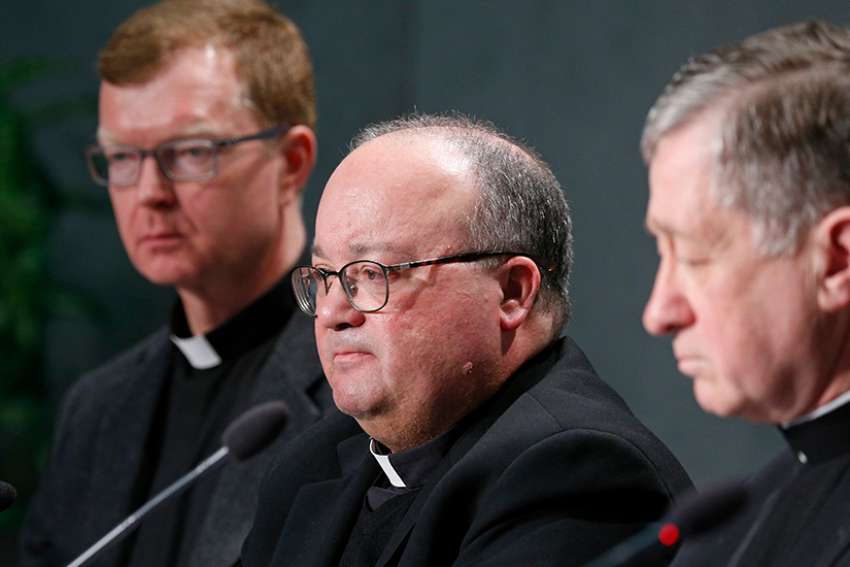“For many abuse survivors and Catholic people, they don’t have a lot of hope and trust in the spiritual leaders since they have been discouraged from past experiences,” said Deborah Kloos. “In order for our spiritual leaders to restore trust with the people of the Church, they will have to see results.
“Zero tolerance, accountability, transparency, prevention of abuse, safeguarding is crucial.”
Kloos, 52, was abused by a 63-year-old priest when she was 16. She watched the summit carefully, having previously written to the organizers before it started. She asked them to include sexual abuse victims in the prayers of the Church.
\“When the Church does not commit to praying together for abuse survivors worldwide consistently, it shows me that they are not committed to caring for abuse survivors because they keep silent and don’t want to talk about it,” she said. “Silence about the evil of abuse gives people power to abuse again.”
Kloos called the summit “the beginning of a great deal of hard work to cleanse our Church.”
“Change and renewal are difficult and painful,” she said.
She believes “Canada’s doing the best it can,” noting the Canadian Conference of Catholic Bishops’ updated sexual abuse protocols published last year.
Robert Talach, a London-based attorney whose firm has handled 396 lawsuits against Catholic dioceses, said he is skeptical that bishops can hold each other accountable.
Only “a black and white zero tolerance” policy will work, he said. He doubts involving lay experts would help, because those experts would be chosen by the Church.
“Who would be so out of touch to suggest self-policing of the bishops?” he asked. “They’re the ones who got us here.”


